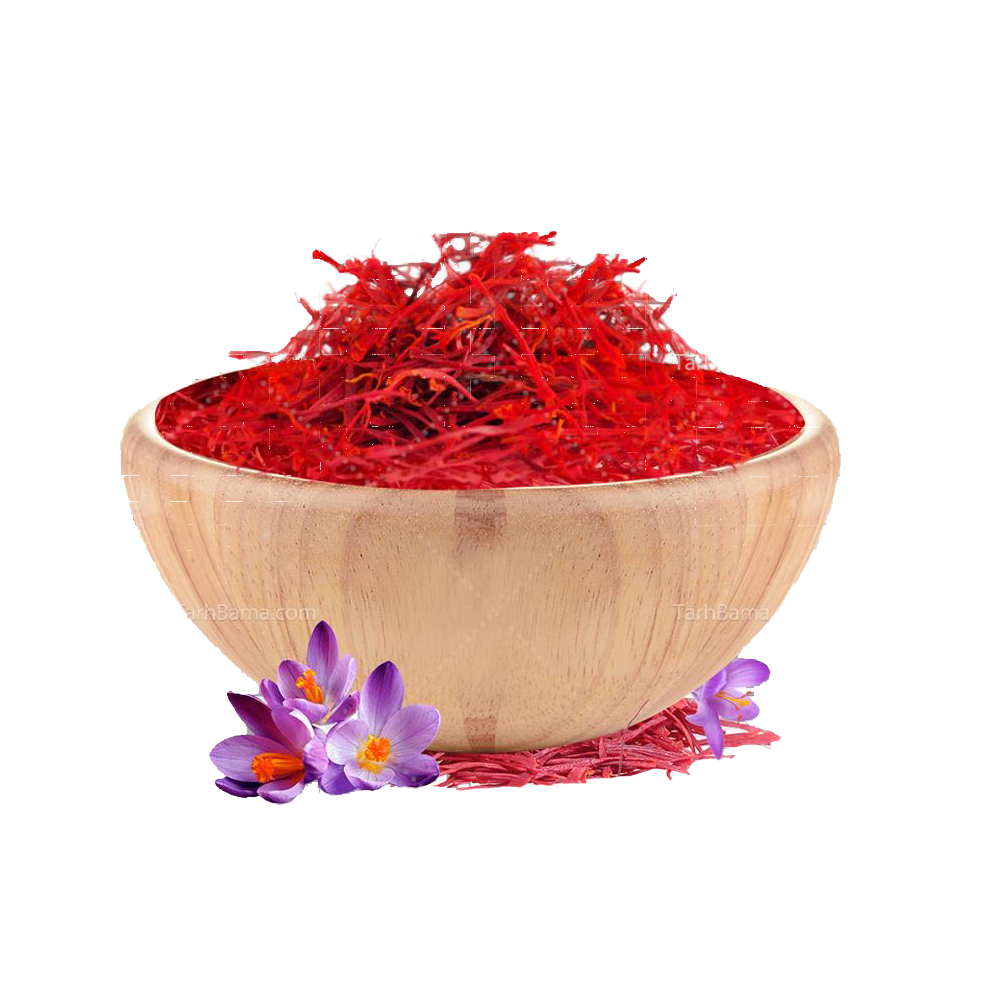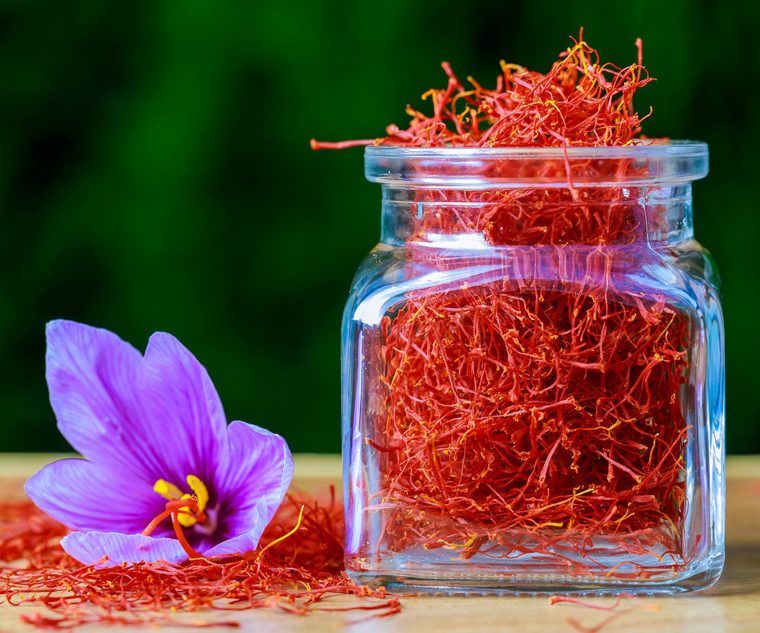What is Organic Saffron and Why is it Valuable?
Organic saffron is one of the purest and healthiest types of saffron, with no chemical or synthetic pesticides used at any stage of its cultivation, harvesting, and processing. In this type of agriculture, natural fertilizers, compost, and biological methods are used to nourish the soil and combat pests. The main goal of this method is to produce saffron of high quality with a unique aroma and flavor that comes from nature without the intervention of harmful substances.
Differences Between Organic and Conventional Saffron
Organic and conventional saffron have significant differences that can impact consumer health and the environment:
- Cultivation Method: Organic saffron is grown using natural methods and without chemical pesticides, while conventional saffron may be produced using chemical fertilizers and pesticides. These natural methods help maintain soil health and reduce environmental pollution.
- Product Quality: Organic saffron, due to the absence of any chemicals, has better aroma, taste, and color. This saffron is not only healthier but also imparts unparalleled quality to foods and beverages.
- Price and Standards: Due to higher production costs and obtaining organic certifications, organic saffron is usually more expensive. These certifications ensure that the product is fully compliant with global organic standards.
Benefits of Organic Saffron: Healthy for You, Beneficial for the Earth
- Environmental Protection: Organic saffron production helps protect soil and groundwater from chemical pollution and keeps nature healthy. This method also improves biodiversity and reduces greenhouse gases.
- Positive Impact on Consumer Health: By eliminating pesticides and chemicals from the production chain, organic saffron reduces risks related to allergies and health problems caused by chemicals.
- Sustainable Agriculture: This type of agriculture optimally uses natural resources and helps maintain soil quality for future generations.

Challenges of Organic Saffron Production: A Difficult but Worthwhile Path
- High Production Costs: Organic saffron production requires more financial and time resources. Natural fertilizers and biological pest control methods are costly and require more labor.
- Organic Certifications: Obtaining organic certifications requires adherence to strict standards, which involves expenses, time, and continuous monitoring. Failure to meet these standards can result in losing certification and commercial issues.
- Pest and Disease Control Without Chemicals: In organic farming, farmers must use natural methods to manage pests, which can sometimes be less effective than chemical pesticides. These methods include using resistant plants, natural enemies of pests, and mechanical methods.

- Lower Yield: Organic saffron has a lower yield due to the lack of chemical fertilizers, which may reduce farmers’ income. This challenge can put farmers under pressure in price competition in conventional markets.
- Water and Soil Health Limitations: To produce organic saffron, water and soil sources must be free from chemical pollution. Maintaining these resources in areas affected by environmental pollution is a significant challenge that requires continuous effort and careful management.
Conclusion: Organic Saffron, a Path to a Better Future
Although organic saffron production comes with more challenges and costs, its value for human health and environmental protection is undeniable. This type of saffron is not only recognized as a healthy and high-quality product but also contributes to sustainable agriculture and the preservation of natural resources. Supporting organic saffron can improve quality of life, preserve biodiversity, and provide a high-value product to global markets.



